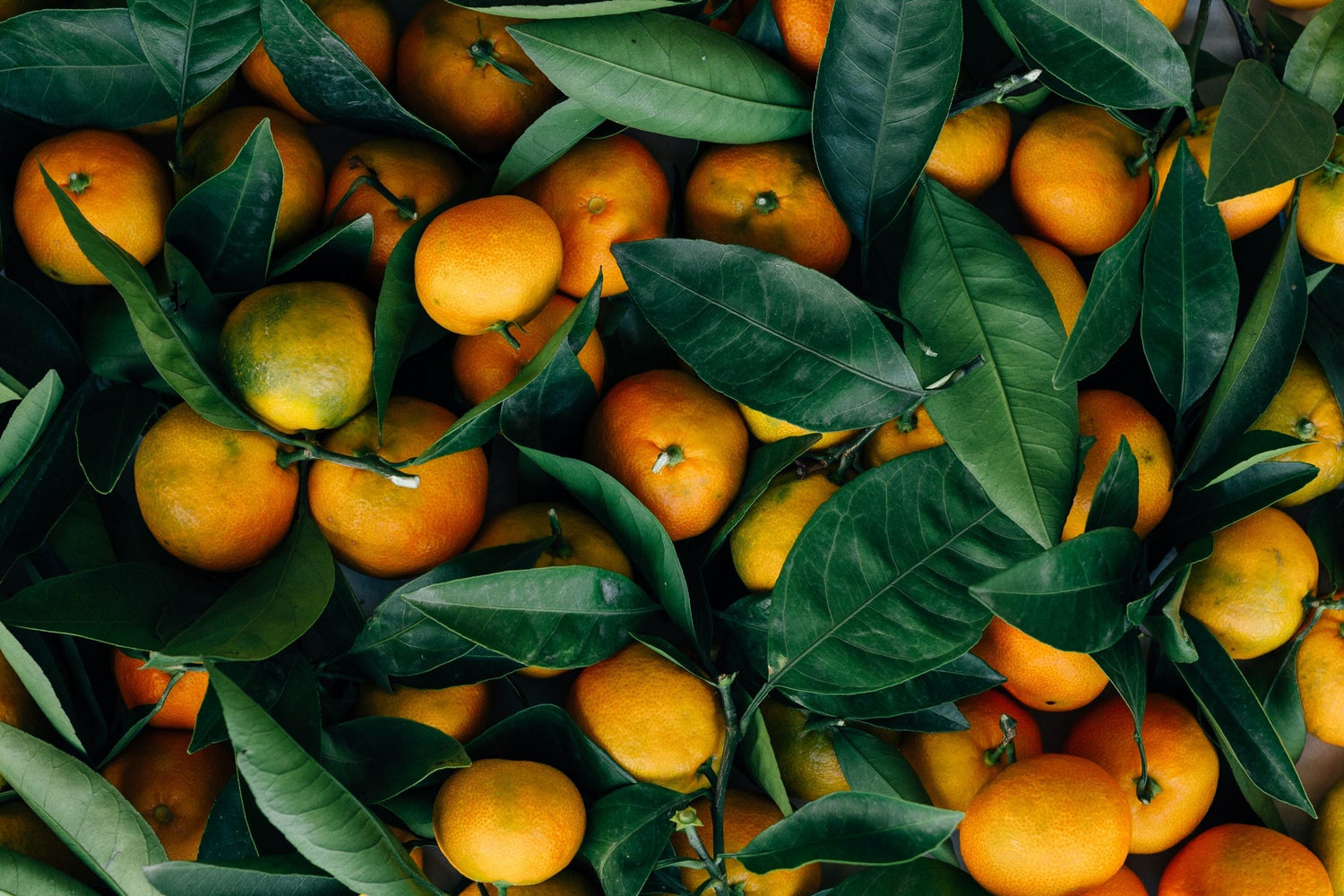What is Juniper Berry?
Juniper berry is the fruit of the Juniperus communis plant, a coniferous shrub found across Europe, North America, and parts of Asia. Despite being called a “berry,” it is actually a small, seed-containing cone with a distinctive piney, slightly citrus-like flavour. Juniper berries have been used for centuries in culinary, herbal, and traditional remedies, with their most famous application being the primary flavouring agent in gin. The berries contain a variety of essential oils, flavonoids, and other plant compounds that contribute to their distinctive properties.
How Juniper Berry Works in the Body
Juniper berries contain terpenes, flavonoids, and volatile oils, which are naturally occurring plant compounds often associated with aromatic and bioactive properties. One of the primary components is alpha-pinene, which is also found in pine trees and contributes to the berry’s strong scent. Additionally, juniper berries contain antioxidants and polyphenols, which are commonly discussed in relation to overall wellness. Due to these compounds, juniper berry has been used in traditional herbal practices for a variety of applications.
Where is Juniper Berry Found?
Juniper berries are naturally found on juniper shrubs, where they take about two years to fully ripen. In culinary applications, they are used as a seasoning, particularly in European and Scandinavian cuisines, and as the key botanical in gin production. As a supplement, juniper berry extract is available in capsules, tinctures, teas, and essential oils. It is sometimes included in herbal blends, digestion-support formulas, and aromatherapy products.
Potential Effects of Supplementation
As with many plant-based ingredients, individual experiences with juniper berry may vary. Some people use it as part of a culinary or herbal routine, while others seek it out for its traditional applications. Due to its essential oil content, juniper berry is often included in products designed for aromatic, metabolic, or digestive support. However, its effects depend on factors such as dosage, frequency of use, and individual sensitivity to botanical compounds.
Final Thoughts
Juniper berry is a naturally occurring botanical with a long history of use in food, beverages, and herbal traditions. Rich in essential oils and flavonoids, it is valued for both its distinct aroma and its inclusion in various wellness products. As with any botanical extract, responses may vary, and those considering its use should assess how it fits into their personal health and dietary practices. Whether enjoyed as a spice, an essential oil, or a supplement, juniper berry remains a unique and widely recognised natural ingredient.










